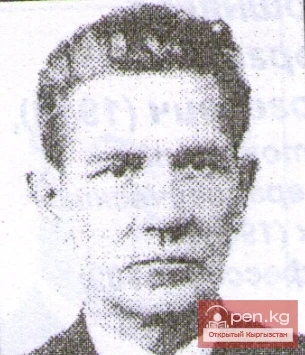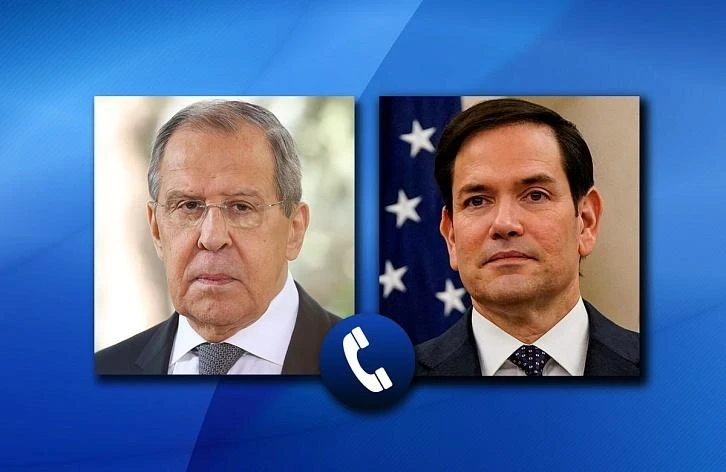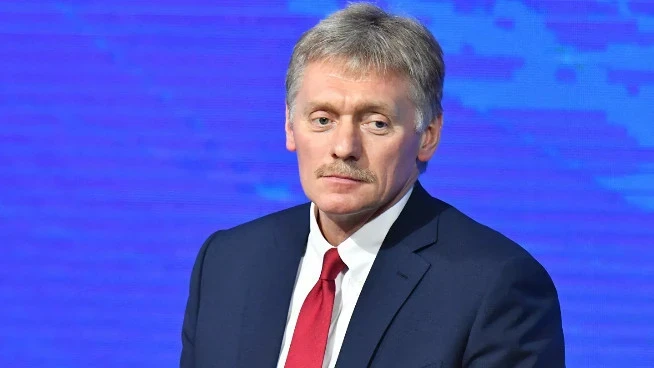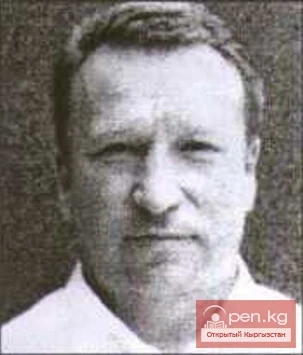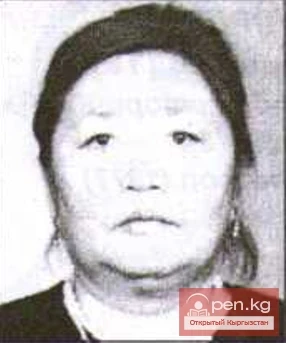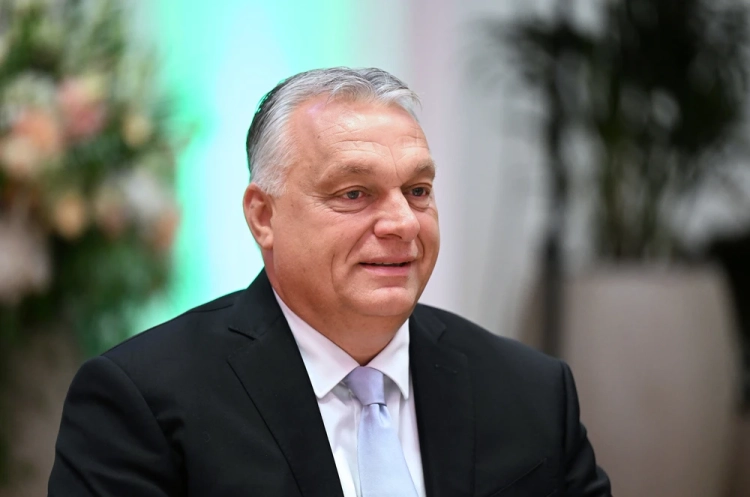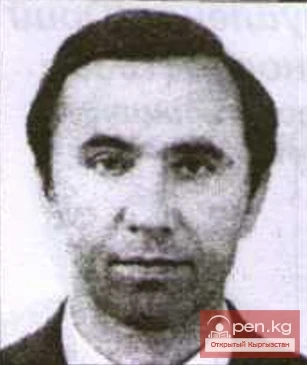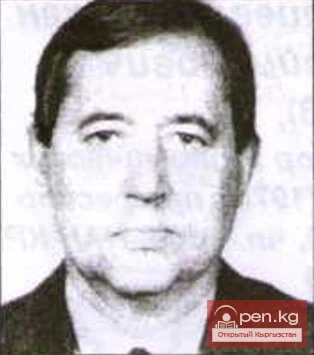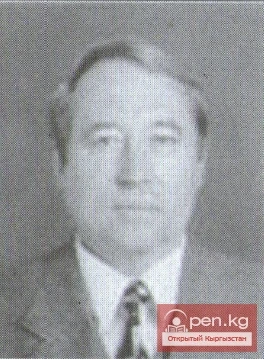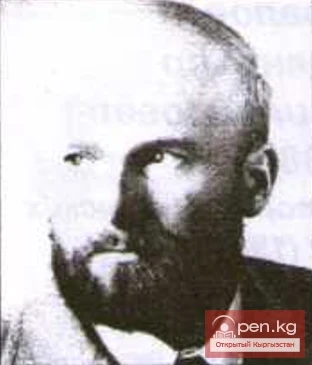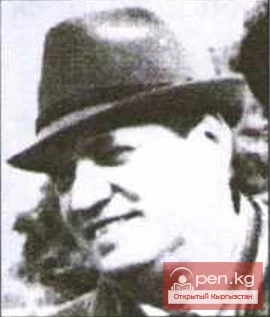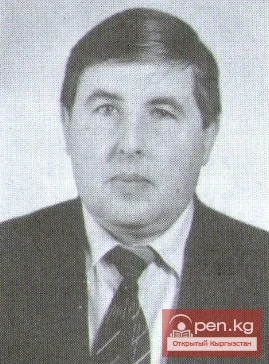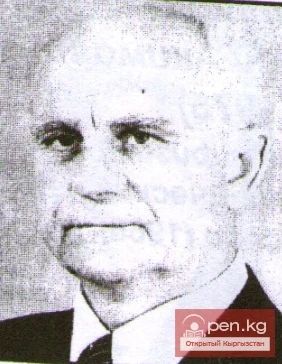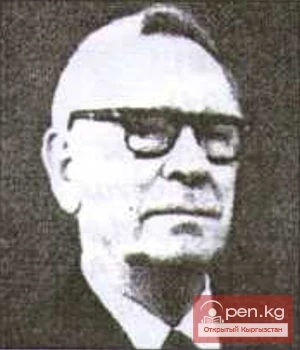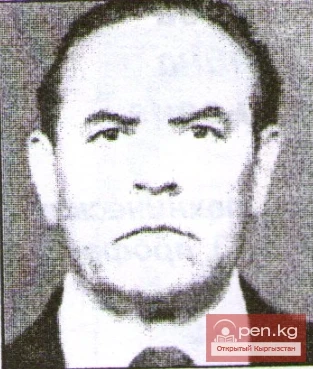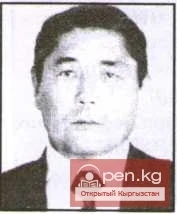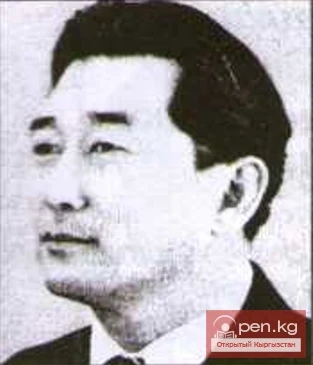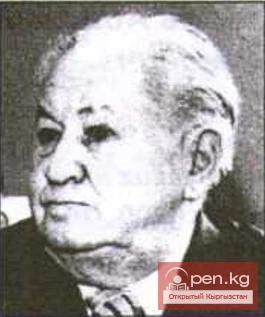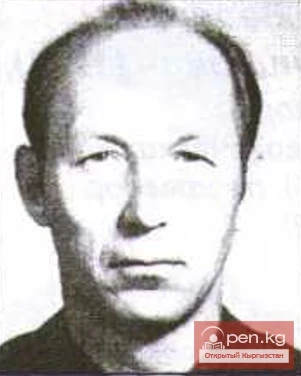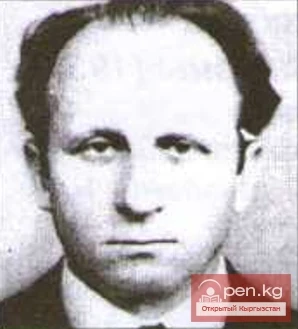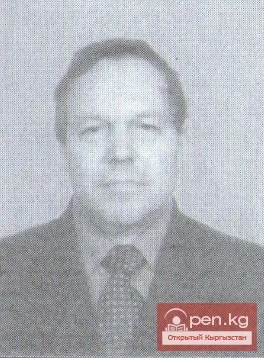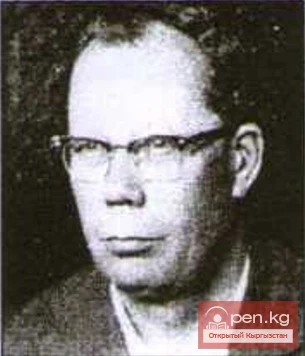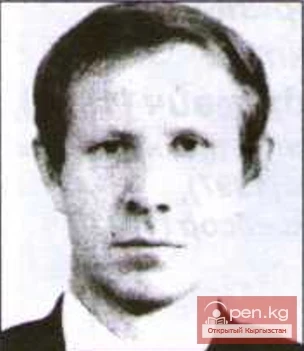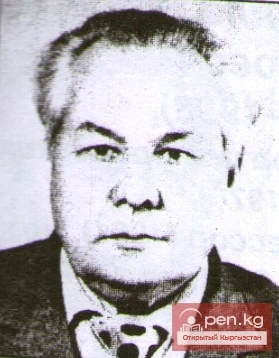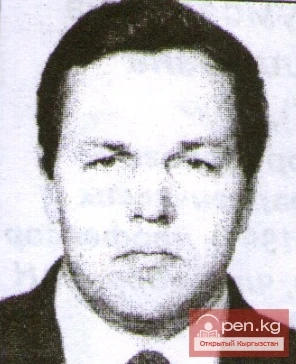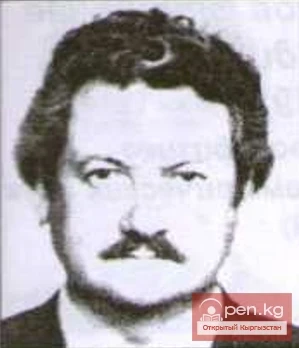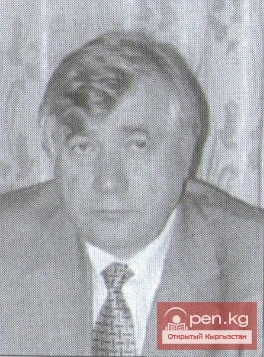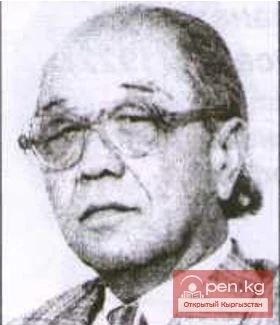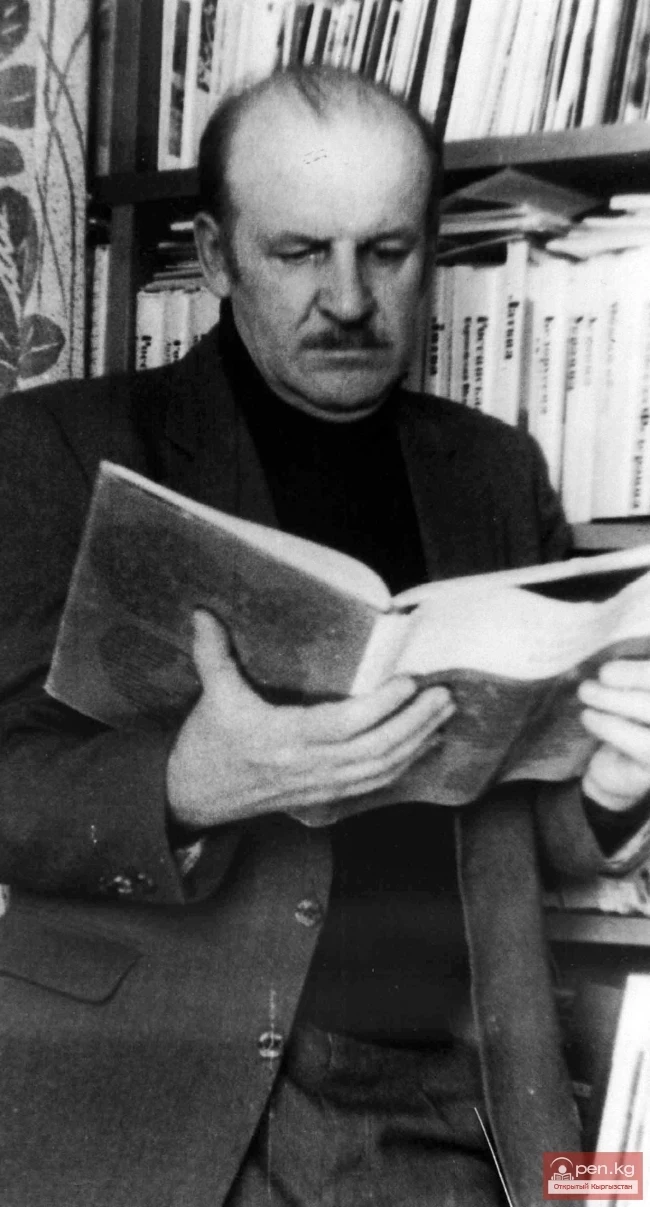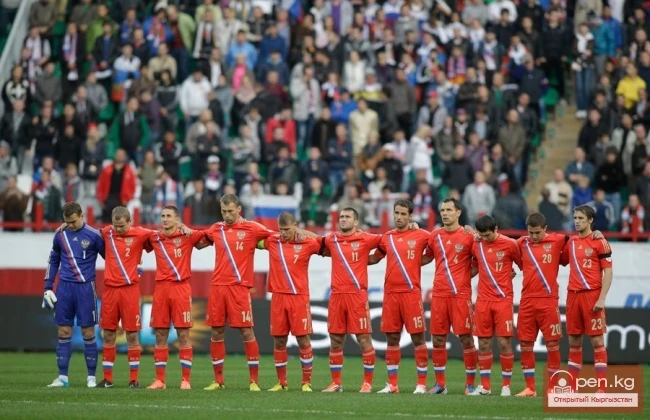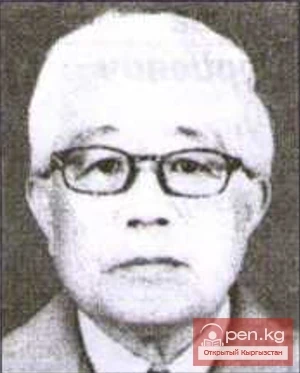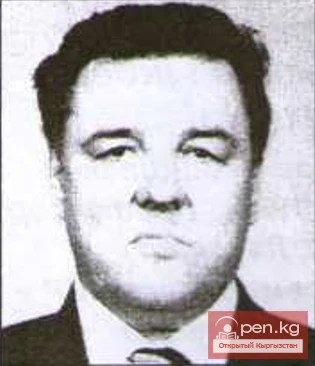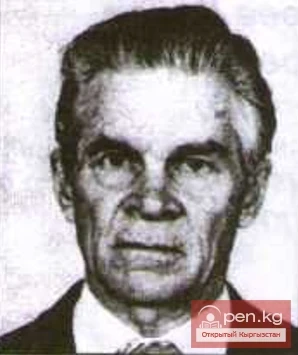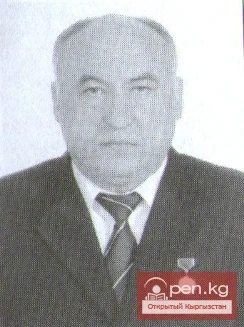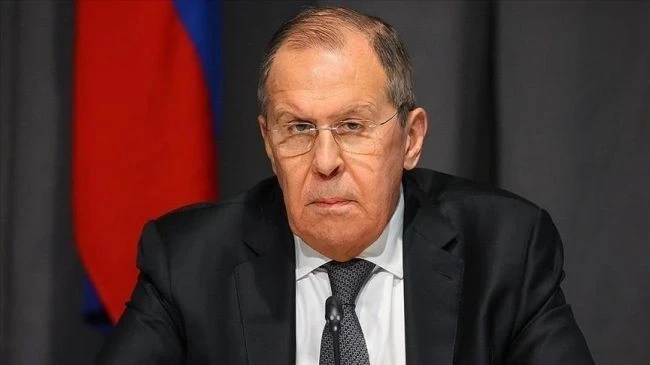
Lavrov noted that the "European patrons" of Ukrainian President Volodymyr Zelensky are trying to persuade the U.S. to change its position, which he believes contradicts the agreements reached during the meeting in Anchorage. He emphasized that "such an approach means ignoring the root causes of the conflict."
The Foreign Minister added that a call for an immediate ceasefire would result in a significant part of Ukraine remaining under the control of the "Nazi regime," where an entire language would be banned, despite it being an official UN language and spoken by the majority of the population.
On October 17, after talks with Volodymyr Zelensky, U.S. President Donald Trump called for an end to the violence and for a peace agreement. He proposed to halt hostilities on the front so that both sides could announce their successes, leaving further decisions to "history." The President of Ukraine supported this initiative, and European leaders also spoke in favor of ceasing hostilities.
On October 20, a phone call took place between Lavrov and U.S. Secretary of State Marco Rubio, after which CNN reported that their meeting was canceled. A source from the channel pointed to "different expectations" from both sides regarding the resolution of the conflict in Ukraine. Later, the Russian Foreign Ministry clarified that the meeting had not been scheduled.

